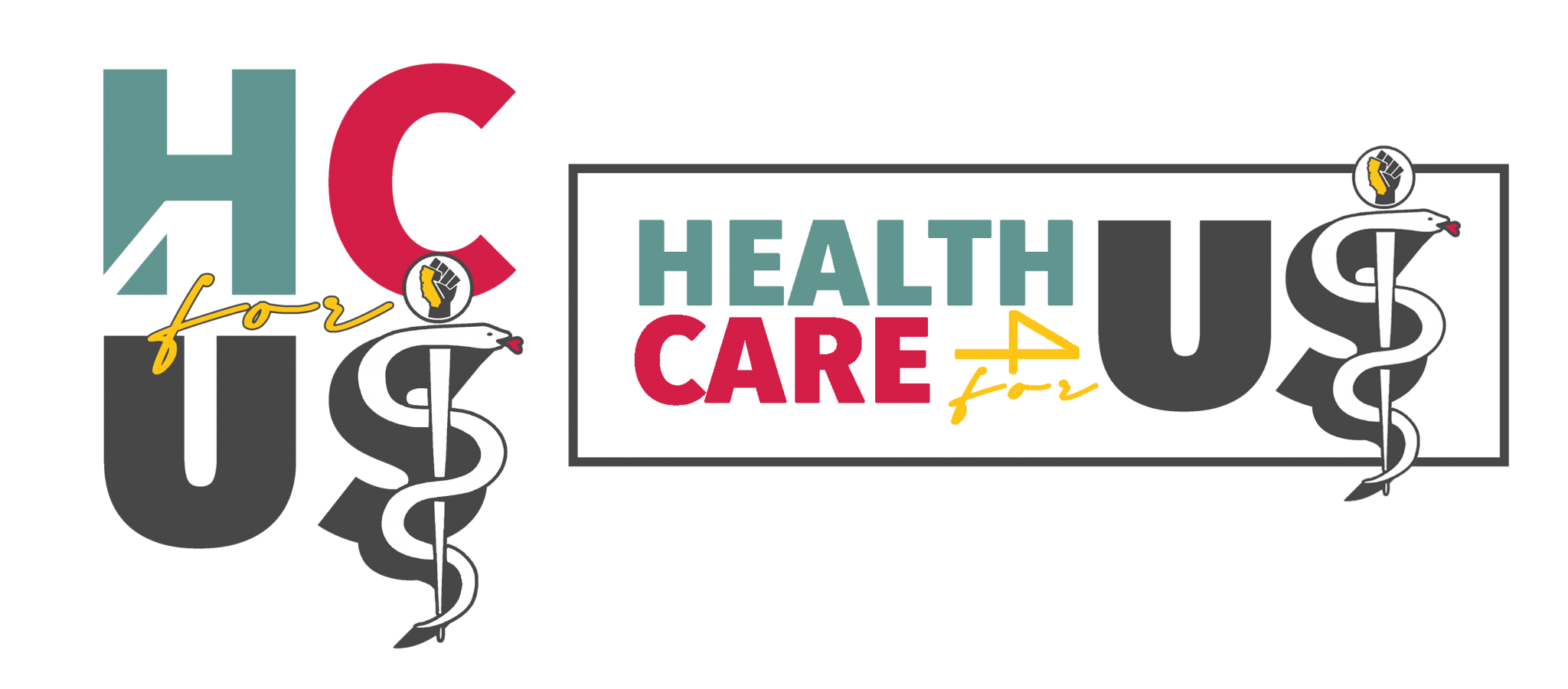I’m Sorry, Your Patient No Longer Has Medicaid Coverage
by Valerie Smith, MD, MPH
December 29, 2023
 In March, MedPage Today reported on the impending rollback of provisions that kept millions of Americans enrolled in Medicaid during the COVID public health emergency. As part of our review of the past year’s biggest events, Texas pediatrician Valerie Smith, MD, shares an update on the current status of the “unwinding,” and the lasting consequences for her patients.
In March, MedPage Today reported on the impending rollback of provisions that kept millions of Americans enrolled in Medicaid during the COVID public health emergency. As part of our review of the past year’s biggest events, Texas pediatrician Valerie Smith, MD, shares an update on the current status of the “unwinding,” and the lasting consequences for her patients.
A few weeks ago, a mom brought two of her children to my office for a sick visit. She told me she had recently taken them to urgent care for a strep test, but was shocked when the staff informed her that her children no longer had Medicaid coverage. How could this be? The mom had responded to the yellow envelopes that arrived in the mail several weeks earlier. She had been diligent in going online, completing all the required questions, and uploading the documentation requested so that her children could maintain their health insurance coverage.
After paying out of pocket at the urgent care and for the antibiotics that her child needed, she called the state hotline. More than 30 minutes later, she finally reached an eligibility worker who told her that some of her documentation was not uploaded, and three of her four children had been disenrolled from Medicaid. As the mom pleaded, emphasizing that the document was visible on her end of the electronic system, the worker eventually discovered that all the documentation was in fact uploaded, but for some reason it hadn’t been confirmed in the system. The mom was so relieved that the problem was identified, but she immediately became discouraged when the worker explained that he was unable to resolve the issue and that it would be sent to his supervisor. He was unsure of how long it would take for their coverage to be reinstated.
In the meantime, two more of her children became sick and needed medical attention. So, she found herself in my clinic that day, at a local federally qualified healthcare center, where she only had to pay a small co-pay to be seen. She was hopeful that we would have medication for her children so she could avoid the expenses at the pharmacy.
Medicaid is a lifeline for families. It allows them to access care when children are ill, to receive preventive care such as immunizations, and to receive behavioral health services when they are struggling. But the end of the public health emergency and subsequent Medicaid “unwinding” means that many families have lost this vital connection.
Nationally, over 3.2 million children have lost coverage to date and, here in Texas where I practice, more than 835,000 children are no longer insured through Medicaid. What is most alarming is that 71% of the disenrollments are for procedural reasons, such as paperwork that hasn’t been returned, computer program errors, or not receiving mailed notifications because a family moved during the pandemic. Many, if not most, of these children are likely still eligible for Medicaid and should be enrolled.
In the past month, I’ve seen multiple families who have lost coverage due to procedural reasons: the computer glitch described above; a family who stopped using their P.O. box during the pandemic and the state only sent their renewal notice there instead of to their home address, which was also on file; and another mother who had no change in financial status but after completing her verification received notification that her daughter was disenrolled and struggled to reach someone at the eligibility office because the call center is only open during hours she is at work.
Losing coverage can have alarming impacts on children’s health. Parents may delay preventive care such as well child exams, which can detect health and developmental issues before they become severe. Minor health issues can escalate to more serious ones as families put off appointments. And the effects of Medicaid go far beyond physical health. Children who are insured through Medicaid have better school attendance, are more likely to graduate, attend college more frequently, and ultimately earn higher wages and pay more taxes as adults than their uninsured counterparts.
[READ FULL ARTICLE HERE]

